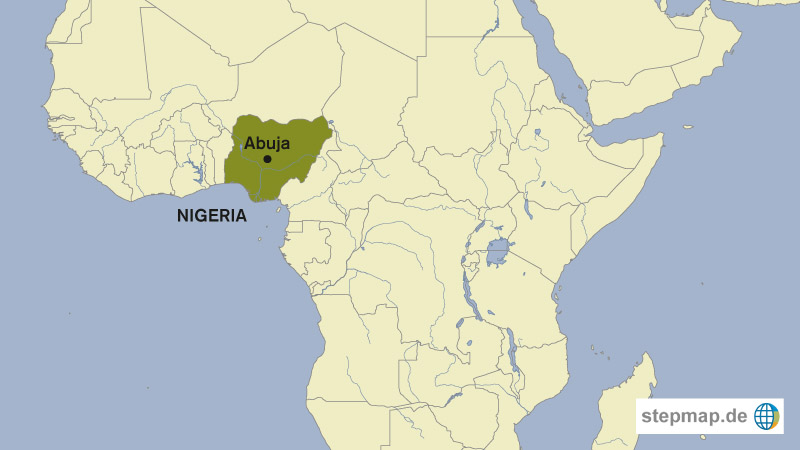Apiculture
Bees against deforestation

Moses Chauta can no longer get firewood in the vicinity of his home. He lives in Gumbure in the district of Mtoko, around 150 kilometres east of Zimbabwe’s capital Harare. At age 71, Chauta has to travel over 30 kilometres in his ox-drawn cart in search of firewood. “There are many beehives in the forests here, so it is impossible to cut down the trees for firewood anywhere near our area,” he explains.
Beekeeper Herbert Nhari says: “We produce honey for sale, but at the same time, we have found weapons to fight deforestation.” Bees scare people away. “If you are a wood scavenger and you dared to touch the trees on which we do our beekeeping, you would have a bitter encounter with the wrath of the bees,” Nhari says.
The advent of beekeeping not only prevents deforestation – the conserved forests also provide extra income for the beekeepers. “Every month, I make 800 dollars from selling honey,” Mike Mbedzi, another beekeeper, says. On top of that, he expects to harvest timber from the woods that he has managed to shield from marauding poachers in the long run.
According to the Ministry of Environment, Zimbabwe has approximately 17,000 beekeepers. Many of them are active members of the Dzimaihwe Community-Based Organization (CBO), that is engaged in sustainable forest management. Zimbabwe’s forests cover about 40 % of the total land area. However, the country loses an estimated 330,000 hectares of forests annually to agricultural activities, expansion of settlements, infrastructure development and firewood collection.
Jeffrey Moyo is a journalist and lives in Harare, Zimbabwe.
moyojeffrey@gmail.com













